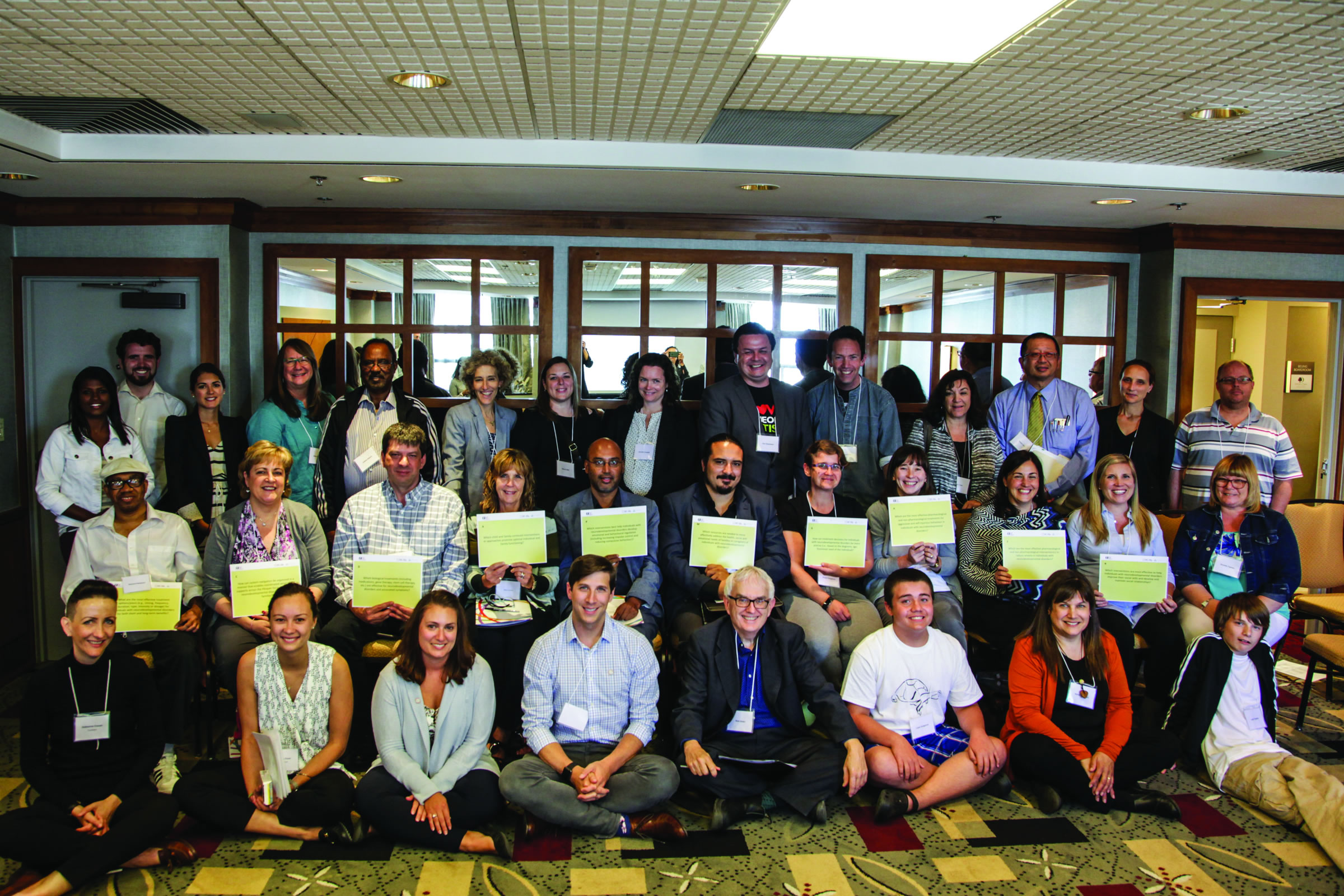Neurodevelopmental Disorders (Canada) PSP – Bringing community priorities to life
Published: 10 June 2019
The Ontario Brain Institute funded the Neurodevelopmental Disorders (Canada) PSP and has spent the past year promoting the Top 10 priorities to ensure that they reach the right audiences.
These audiences include researchers, organisations that fund research, the community, and general public. So far they have:
- Published a final report
- Created an infographic of the results
- Released a research database that holds over 1,200 original questions that were asked by the community, now accessible to all
- Made presentations at international conferences.
They emailed a great update of all of the activity to their community and you can read that here https://mailchi.mp/braininstitute/after-the-top-10
Addressing the Top 10 with research
Their email update also explained how some of the Top 10 is being addressed by research. The Province of Ontario Neurodevelopmental Disorder Network (POND) is an integral partner in the Neurodevelopmental Disorders PSP. The Top 10 priorities from the PSP overlap with some of POND’s current research. For example, the number one priority from the PSP is to understand the most effective treatment plans/options for short and long-term benefits. This is still a difficult question to answer because the cause, or underlying biology, can be different in people with the same diagnosis. POND has developed the first clinical trial network in Canada dedicated towards neurodevelopmental disorders. Clinical, behavioural, and molecular data is collected for every participant in this network. By collecting this data, a unique opportunity to understand the effectiveness of various treatments presents itself.
Here are a few more examples of how POND is addressing some of the Top 10 priorities from the PSP:
Priority 3
Which biological treatments (including medications, gene therapy, stem cell therapy, etc.) are effective for neurodevelopmental disorders and associated symptoms?
POND recently completed a Phase II clinical trial to test the effectiveness of a drug called Tideglusib, a drug previously used for Alzheimer’s disease. Young people with autism treated with the drug showed improvements in social skills as well as other symptoms related to memory, repetitive behaviours, sleep quality and daily living skills.
Priority 7
How can treatment decisions for individuals with neurodevelopmental disorders be more precise (i.e., based on the diagnosis, age, functional need of the individual)?
Matching people to the right treatment plan is a major goal for POND. By understanding the underlying biology of children and young people with neurodevelopmental disorders, more comprehensive and effective treatment plans can be developed and administered. All the clinical trials include genetic and imaging information to further our understanding of which intervention is right for whom. In fact, POND is also using patient skin and blood samples to create cells lines that can be used for drug screening and predict a patient’s response to treatment.
Priority 9
Which are the most effective pharmacological and non-pharmacological intervention(s) to reduce anxiety in individuals with neurodevelopmental disorders?
POND researchers have developed, patented and clinically validated an anxiety metre algorithm that uses heart rate to determine a patient’s anxiety level. This technology is extremely useful in helping both the individual and their care team identify and manage anxiety. Recently, POND partnered with Awake Labs to integrate this technology with their wearable platforms and test its use in real-world settings. This pilot will be the first step towards making this empowering tool more accessible to those who need it.
We wish them every success with their continued work on the priorities.


The Neurodevelopmental Disorders (Canada) priority setting workshop
